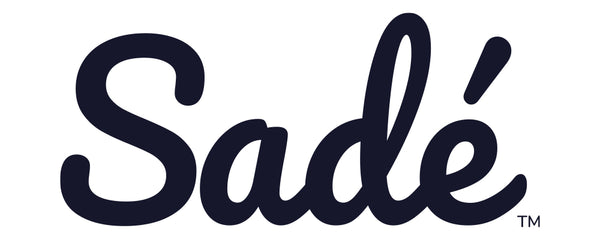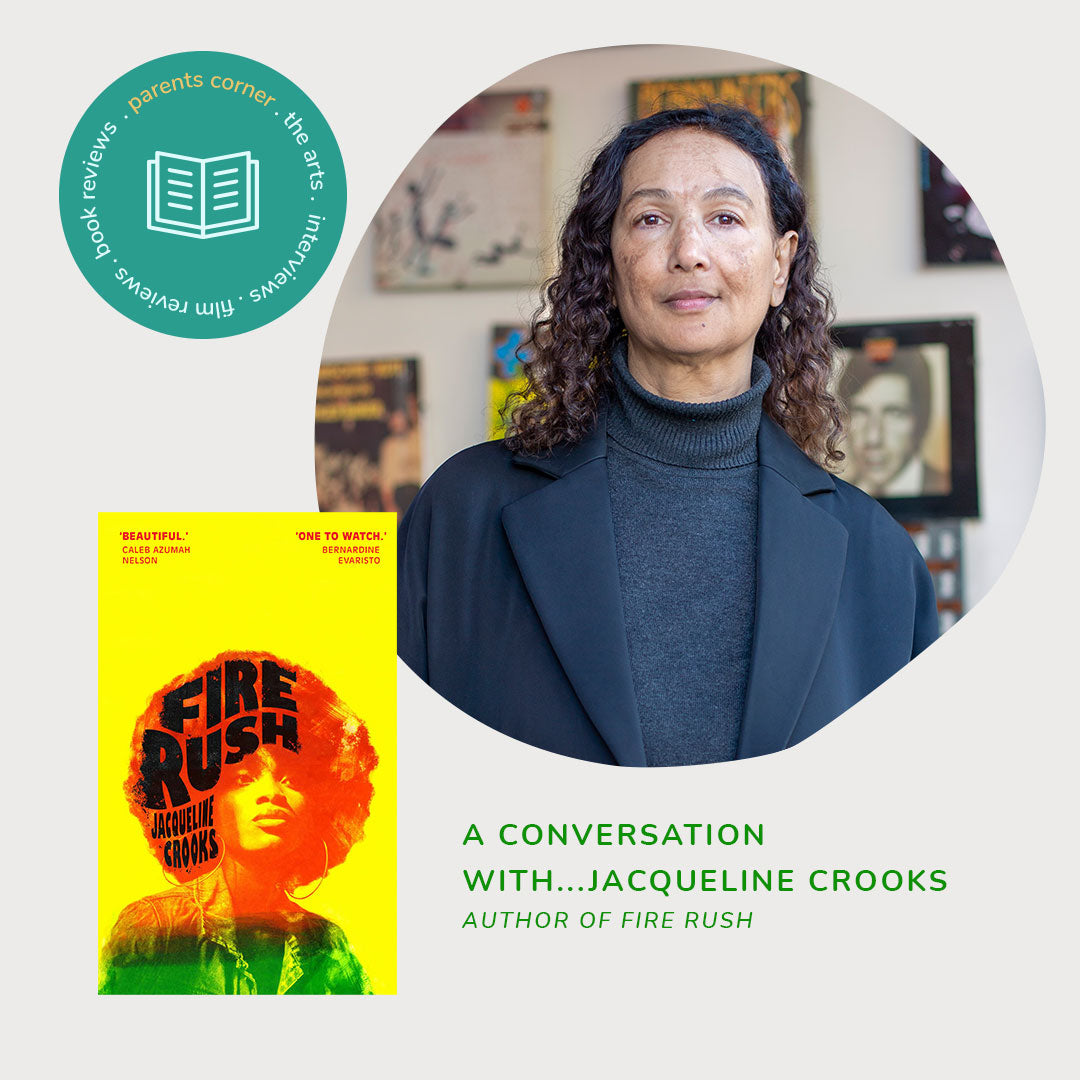Immerse yourself in an electric story of dub reggae, love, loss and Black womanhood. Jacqueline Crooks' new book Fire Rush, which was Shortlisted for the Women’s Prize for Fiction in 2023. We had a conversation about womanhood, love, culture and music.
Our current issue is OUT NOW
 Credit Rene Osubu
Credit Rene Osubu
Fire Rush is a fusion of culture, music, love and womanhood. Does this reflect your own experience? And how?
My experience of being a young woman at the start of the 1970s sound revolution sub-culture is reflected in Fire Rush. We had our own culture, distinct from mainstream society. The women were stylists, creating their own distinct style. They bought clothes from independent boutiques. Everyone had their special find, an out of the way boutique that had one-off clothes that no one else would have.
At the time, many women customised their clothes with jewellery, belts, buttons and some wore men’s clothes. They were fashion stylists, expressing themselves through clothes. I grew up in a Jamaican household, where music featured in every sphere. Gospel singing at church every Sunday to ska records played on the gram on Saturdays. My grandmother was always singing Jamaican folk songs around the house. I can trace my development from childhood to adulthood through music: ska, rock steady, reggae, dub.
For me, love and womanhood are intertwined. Womanhood is all about learning how to love and be loved within relationships with friends, lovers, and family. In writing Fire Rush, I am exploring the complexities of love and relationships through the lens of Black women and how history impacts on these relationships. In doing this, I am using my own experiences as a Black woman migrant in the 1960s and 70s London, and how being an outsider affected me, my family and our community’s ability to love fully and freely.
What is the most surprising thing you discovered while writing Fire Rush?
I discovered Cockpit Country, before that I had never heard of it before. I carried out a lot of research across the sixteen years of writing this book and it was through the Olive Senior poem, Cockpit Country Dreams, that I first heard about this area in Jamaica and it sounded magical.
I then discovered that this area was where runaway slaves and the indigenous people of the island escaped to and fought the British and Spanish colonists and won many battles. Cockpit country terrain is m pockmarked land, treacherous sinkholes. Visually, I imagined them to be like speaker boxes, filled with the voices of those rebels. The area is also rich in biodiversity and is Jamaica’s largest rainforest. It is an island within an island of specially adapted biodiversity found nowhere else in the world. The more I read, I knew I had to relocate the story to that special place.

Is there a favourite spot to visit in Jamaica? And what makes it
so special to you?
It has to be the village where I was born, Lluidas Vale. I love the rural parts of Jamaica more than Kingston or the touristy coastal areas. It is all about the slow pace of life, the country people and their wisdom and lyrics. I like the simple things. Some yam and dasheen roasted on coals in the earth rather than a fancy meal in a restaurant on the coast. Country is where the stories are.
What is the last book you read? What are you reading next?
Fugitive Feminism by Akwugo Emejulu. I love the way it is making me think
about Black feminism and how we can live outside the binaries of human and non-human and become part of an ecological system. I think it is grounded in ancestral wisdom with futuristic thinking. It was hard at times and I found myself grappling with some of the ideas, but exploring new concepts provides valuable ideas for my stories. Next on my list is People Funny Boy, The Genius of Lee Scratch Perry,’ by David Katz. I am interested in people who do not conform.
What do you like to do when you are not writing?
I like to hike, get out into nature and just walk and walk for hours. Discovering new places that are away from the city, including wide open spaces, gives me time to think, reflect, and create stories. I find myself solving knotty problems when I am walking. I spend a lot of time at my desk, so I need lots of long walks to test my physical energy and get back into my body.
What advice do you have for young writers on finding their voice?
I do not think anyone needs to find their voice, we just need to trust the voice that we have and not feel we have to somehow change it to suit a market or an audience. Every new writer should value their voice, believe in it. It has taken you through life. It will carry your writing on the page. Everyone’s voice is unique and worthy of being heard. Whether it be a working class vernacular, or someone who speaks English as a second language using a mix of English and national language. Trust your voice and the story will come.
What is one of your favourite memories?
Living in an Andalusian village, waking up on a sunny morning, looking out the window and seeing rows and rows of orange blossom trees, mountains and goats. Nothing else mattered but that view.
Movie or Book?
I would definitely say a book. I have been reading since I was four, memories of reading stories in Sunday School Bible classes and spending Saturdays at my local library collecting books to read all weekend.
Favourite artist and favourite song?
I would say Chaka Khan. Her voice is inimitable. The longevity of her career is inspiring. ‘I’m Every Woman’–that song says it all. It is an anthem for women everywhere. The story goes that an African shaman named her ‘Chaka’ because it means Fire. Here’s to the fire in women everywhere.
About the author
Jacqueline Crooks grew up in 70s and 80s Southall, part of London's migrant community carving out a space through music, culture and politics. Immersed in the gang underworld as a young woman, she later discovered the power of writing and music to help her look outwards and engage differently with the world - a power that has driven her ever since, from her work with charities to her short stories, which have been nominated for the Orwell Prize for Political Fiction, the Wasafiri New Writing Prize and the BBC National Short Story Award.



